Why is everyone praising Google Authorship so much? Sure, there are a few good aspects to the program. The author pictures look really good in SERPs. And successful implementation of authorship increases CTR massively and builds your reputation as an author in the eyes of Google and people. But, it also leaves a fairly easy to notice footprint for those who use Authorship while guest blogging with the aim of building links to their own sites. This is like telling Google, “Hey! The person who wrote that genuinely good post last week on my own blog? I’m also the author of this crappy guest post.” Ask me, how do you know? Because it’s easily predictable.
What is Authorship
Authorship is establishing you, to Google, as the author of a piece of content that gets published on a website. In simple terms, it’s like establishing yourself as the confirmed author of your blog by using your Google+ profile. And they take your Google+ profile picture and use it as the author picture in SERPs. That’s pretty much it in a nutshell.
Verified Authorship
In Google Webmaster Tools, under Labs, there’s a clickable option called Author Stats. When you click on that, if you can see a new page containing various data about pages for which you are the verified author.
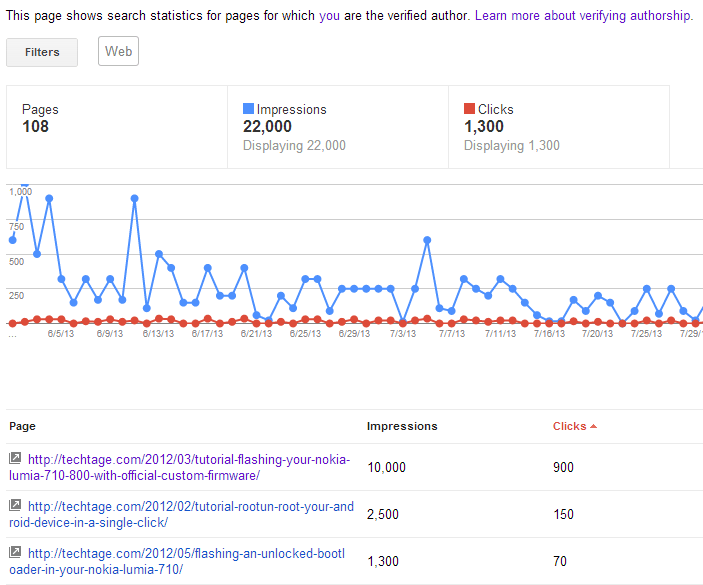
If you currently don’t have Authorship set up in your site, I’ve explained the whole process in three short steps below:
- Link to your Google+ profile from the post page directly (using http://plus.google.com/your-profile-id?rel=author) or indirectly (using a meta tag, for example: <link rel=”author” href=”https://plus.google.com/106669872405859111179″/> ).
- OR, provide Google with an email id like yourname@yourwebsite.com (generally anything @yourwebsite.tld, as long as you can verify it).
- Then you add link to the root domain (on which your post is hosted) in the contributor to section of the About area of your Google+ profile. And you’re done.
You can check if Authorship is successfully implemented or not by pasting URLs in Google’s Rich Snippets tool.
How it looks like on SERPs
Successful implementation of Google Authorship ensures that author information shows up on SERPs for content created by you. When your name and picture shows up on SERPs, they look like this:

That looks so cool, why should I care about anything else?
Well, first of all I’m assuming that you don’t post crappy content, at least on your own site. So, you can easily implement authorship on your site. You can also utilize authorship on your guest posts, provided they’re high quality.
But, if you’re guest blogging just to build a good (to you) backlink profile by posting low-quality guest posts on high PageRank sites, don’t implement authorship on those posts. Though I’d recommend you to stop spammy guest posting in the first place, you can still have a higher chance of getting away with your activity if you don’t link that kind of posts to your Google+ profile. You should know that,
Google Authorship may be lethal to low-quality guest posters
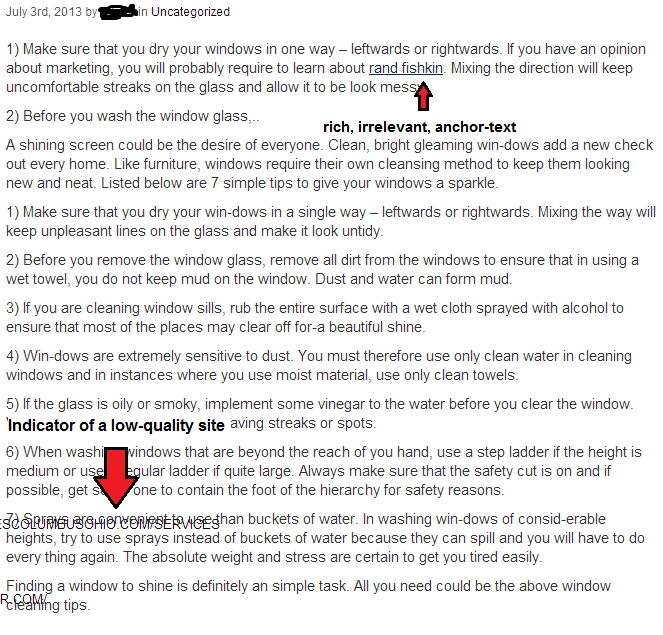
The above screenshot is a real example of an extremely low-quality guest post.
If you produce similar work, now might be the right time to get serious. Google Authorship can be deadly to you as an author and to your site.
To start with, I’d point you to Google’s quality guidelines about link schemes. Large-scale article marketing or guest posting campaigns with keyword-rich anchor text links can “negatively impact a site’s ranking in search results”. So, you’re already violating Google’s quality guidelines to begin with. On top of that, you’re letting them know, “Hey there! I’m violating your guidelines, right here, with THIS post!”.
With authorship, it’s easier than ever for Google to penalize everything you have ever published.
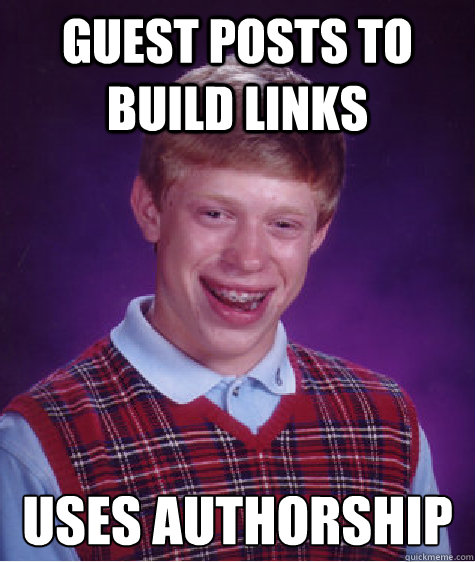
You should be aware that Google prefers quality content and is already able to give them more priority in SERPs than low quality content. Now, authorship is a source of a brand new type of information for Google – Author Consistency.
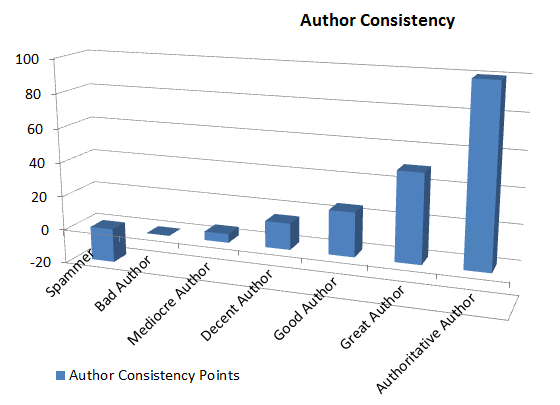
I created the chart so you can see how it works. Ideally, your author consistency points will increase as you post valuable content that gets recognition (links, social shares, mentions etc.) from legitimate people. The points will decrease as you post low quality ‘Top 10 Best Things’ articles on little-known sites with rich anchor texts pointing at your own site, or posts that no one cares about.
Conclusion
Sooner or later, horrible authors will vanish off the SERPs along with all their low-quality contents thanks to Google Authorship. And if that isn’t enough, the sites they own will also get heavily penalized, thanks to the list of verified sites in Google Webmaster Tools.
Unless you are a ‘churn and burn’ supporter, don’t waste your time doing things can directly put you under the wrath of Google. Instead, use your time and money effectively by implementing future proof SEO strategies that won’t put you under Big G’s magnifying glass.
If you do have to post short, low-quality posts on sites that don’t care about the quality of their posts, make sure you don’t use Google Authorship there.
What do you think about Google Authorship?

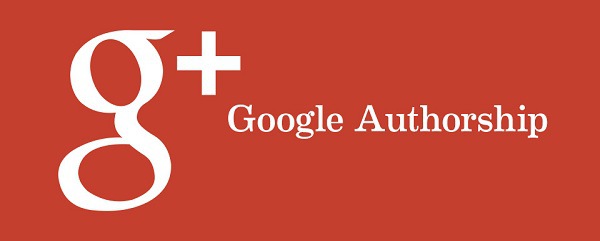



![AI Overviews: We Reverse-Engineered Them So You Don't Have To [+ What You Need To Do Next]](https://www.searchenginejournal.com/wp-content/uploads/2025/04/sidebar1x-455.png)